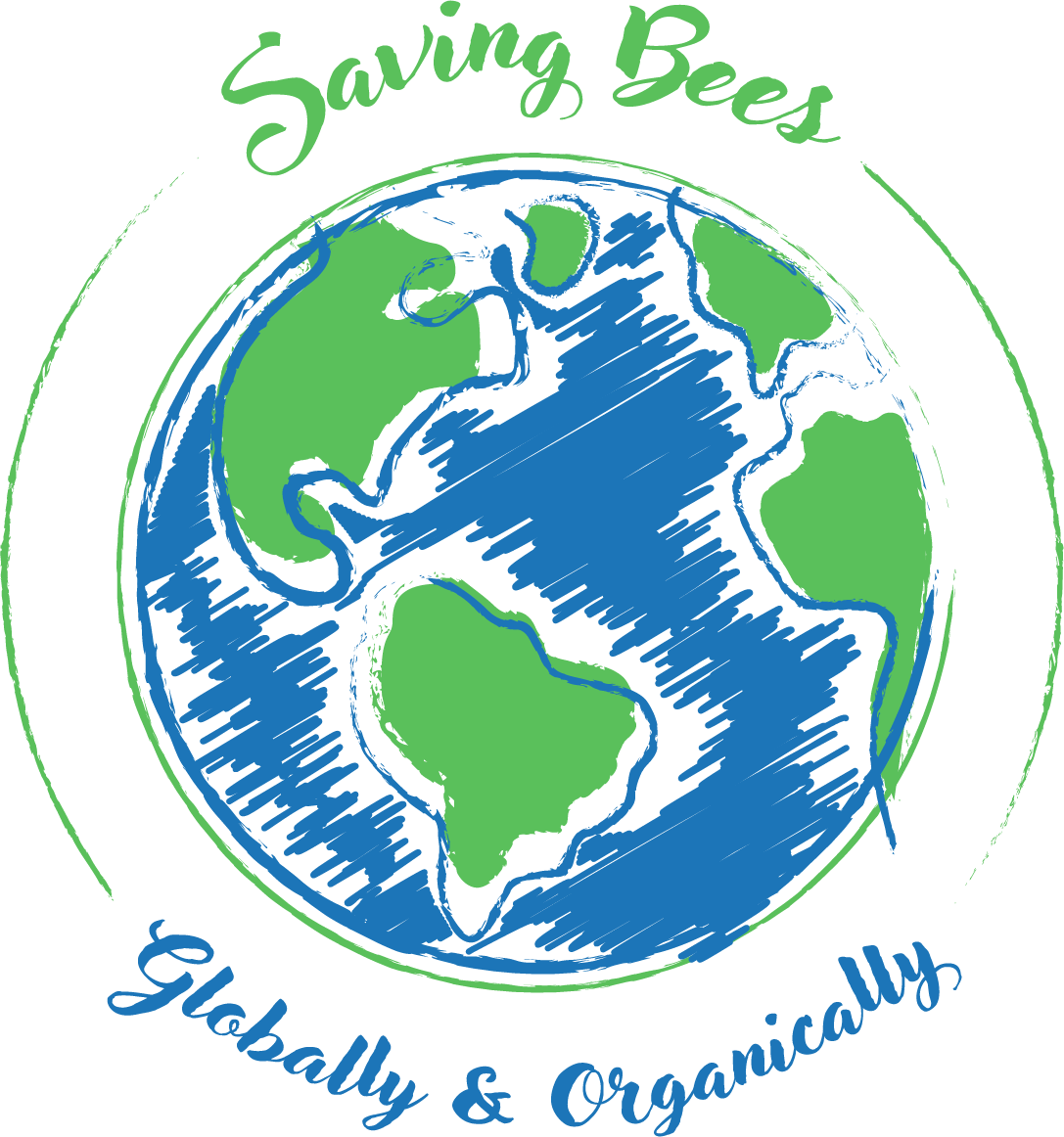
Is Laughter The Best Medicine?
Share
The passage in the Bible that this common saying comes from describes the value of being joyful, peaceful, and understanding. Consequently, it also describes “the fool” as a person who won’t adhere to these values.
Humor was officially recorded as being a viable medical option as early as the 1300s, when Dr. Henri de Mondeville started treating his patients post-surgery by making them laugh. Reports from the time period show Mondeville’s patients slept better and experienced much less pain, which aided greatly in their recovery.
You may remember the film Patch Adams, which was based on the life of medical doctor Hunter "Patch" Adams and the book Gesundheit: Good Health Is a Laughing Matter by Adams and Maureen Mylander. Adams used humor and compassion to treat his patients during the 1960s and 70s. Although the medical establishment frowned upon his approach, his patients' improved health eventually became so evident that humour was—and is today—recognized as a viable treatment for both mental and physical conditions.
Have You Ever Heard of Laughing Clubs?
Have you ever walked into a room where everyone is laughing and you naturally start laughing or smiling, even though you have no idea why everyone is laughing?
Laughter, even from others, can instantly change your mood and raise the frequency of your energy field. Laughter clubs are linked to the age-old concept that laughter is one of the best medicines. These clubs provide a friendly social activity where spontaneity, joy, and a sense of connection can be shared among participants who claim to feel much better afterward.
The Science Behind It
Dr. Stephen W. Porges, Ph.D., is a distinguished University Scientist at Indiana University, where he is the founding director of the Traumatic Stress Research Consortium. He is also the founder of the Polyvagal Institute, a non-profit organization providing training and information on the application of Polyvagal Theory to disciplines like psychotherapy, education, communications, wellness, and healthcare.
Dr. Porges believes that laughter positively stimulates and is intimately connected to the Vagus Nervous System. He believes that “time can literally stand still” during a good full belly laugh. This type of vagal nerve stimulation can relieve and release past traumas and pain, significantly aiding in mental, emotional, and physical conditions of patients.
Is Laughter Really Like Medicine?
So, is there any truth behind the idea that laughter can have a healing effect similar to medicine? Well, the answer is a resounding yes!
According to Michigan State University, laughter has effects that are similar to certain antidepressants. Surprisingly, it activates serotonin production and releases endorphins into the body, which induces a euphoric effect and boosts your mood.
Many more studies have confirmed these findings and have determined that laughter can help in many other ways:
- It can improve glucose levels in the bloodstream.
- It protects the respiratory system.
- It can raise your pain threshold (just as seen with Mondeville’s patients).
Additionally, laughing regularly can reduce the stress on your entire body and protect your heart and brain function as well.
So, while it won’t solve every ailment you have, there’s certainly no harm in trying—and it will most likely aid whatever condition you are trying to improve.
Laugh With Loved Ones
Laughter is excellent medicine when you’re trying to make tense, distressing, or uncomfortable situations easier to bear—and this is especially true when you’re laughing along with loved ones.
To be sure, if you find yourself needing to recover from pain, feeling stressed out, or simply needing a boost, search for the best comedians, YouTube videos, and the best jokes you can find.
As it turns out, you’re doing more for your health than just getting a temporary distraction.
So Here’s Your Daily Dose of Medicine
(Found on the internet)
LAWS OF HIGH PROBABILITY
- Law of Mechanical Repair - After your hands become coated with grease or grime, your nose will begin to itch and you'll have to pee.
- Law of Gravity - Any tool, nut, bolt, screw, when dropped, will roll to the least accessible place in the universe.
- Law of Probability - The probability of being watched is directly proportional to the stupidity of your act.
- Law of Random Numbers - If you dial a wrong number, you never get a busy signal; someone always answers.
- Variation Law - If you change lines (or traffic lanes), the one you were in will always move faster than the one you are in now.
- Law of the Bathroom - When you are ‘going to the bathroom’ or your body is fully immersed in the bath, the telephone rings.
- Law of Close Encounters - The probability of meeting someone you know INCREASES dramatically when you are with someone you don't want to be seen with.
- Law of the Result - When you try to prove to someone that something won't work, IT WILL!!!
- Law of Biomechanics - The severity of the itch is inversely proportional to the reach.
- Law of Self Awareness - If you laugh at these “Laws” then you are really laughing at yourself—and laughing along with the rest of us, so laugh it up!
Enjoy humour, fun, and frivolity in your life.
It will raise your vibrational frequency, help your mind and body, and will even lift your spirit.
Bee Happy! 🐝
If you’ve heard a good joke lately, send it along to us so we can publish more ‘medicine,’ lift some spirits, and raise the frequency of the whole planet.



